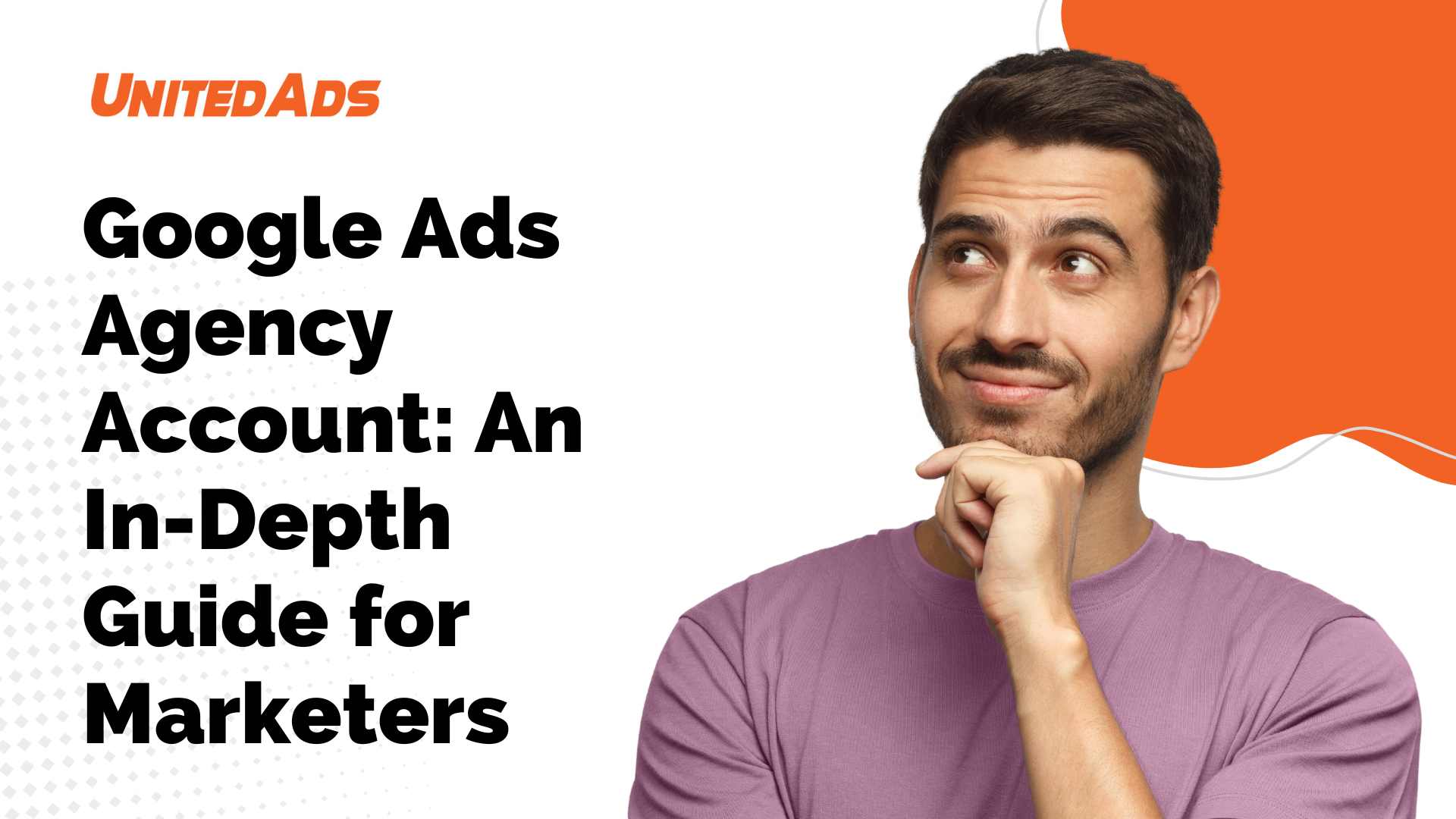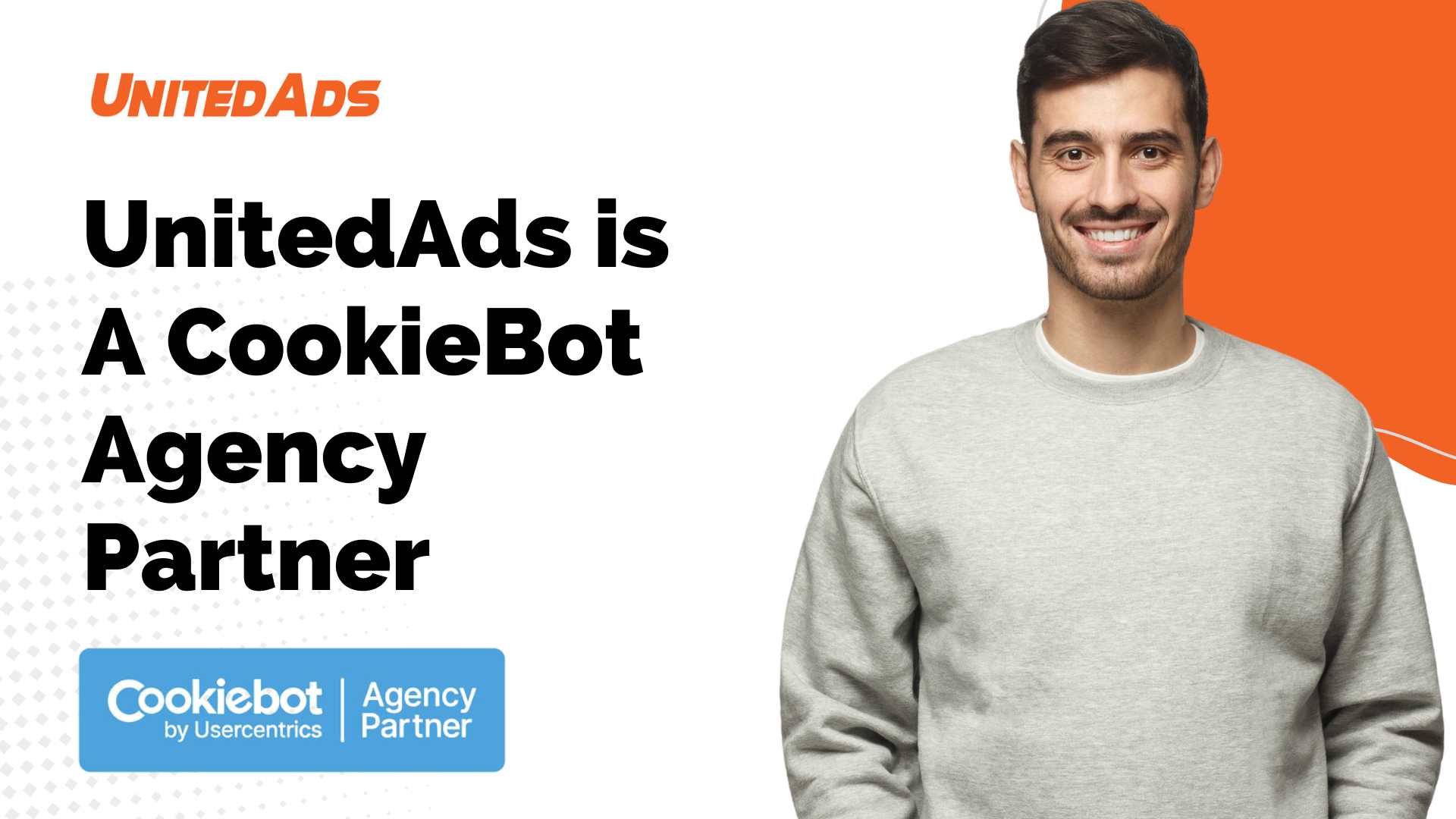Introduction of new functions in GA4
From the first quarter of 2024, Google plans to introduce new features and integrations for Google Analytics 4 (GA4). This development is a direct response to the gradual phasing out of third-party cookies in Chrome, an essential part of the previous tracking across different websites.
This change is part of the Privacy Sandbox project, which is being driven by major browsers such as Chrome. The aim is to help advertisers achieve lasting performance while at the same time safeguarding user privacy.
Integration of the Protected Audience API
A central element of the latest updates in GA4 is the integration of the Protected Audience API. This privacy sandbox technology, which is expected to be widely used in early 2024, will enable advertisers to reach their target groups even after third-party cookies have expired.
It offers an innovative approach to remarketing by reminding users of websites and products they have shown interest in without relying on third-party cookies.
Improvement of conversion tracking
GA4 will be introducing the “Enhanced Conversions” function in the coming weeks. This function aims to improve the accuracy of the conversion measurement.
It is specifically designed for advertisers who track online sales and events. Enhanced Conversions captures and hashes customer data such as email addresses during a conversion on the web and matches it with Google accounts linked to ad interactions.
Importance of user consent
For the effective use of Google’s extended data protection functions, it is crucial to set up suitable mechanisms for user consent. This applies in particular to traffic from the European Economic Area (EEA).
Google’s EU user consent policy requires consent to be obtained for the use of personal data in measurement, personalized advertising and remarketing functions.
Use of AI for consistently good advertising performance
To use AI effectively, marketers need robust measurement and target group tools to make informed decisions. Google offers a general checklist of AI essentials for Google advertisers.
This checklist encourages the use of AI-driven search and Performance Max campaigns, smart bidding and video campaigns on platforms such as YouTube.
With the expiry of third-party cookies, it becomes important to check and adapt the code, especially with regard to the use of SameSite=None.
This customization includes managing both third-party and first-party cookies to ensure they are set correctly for cross-site contexts and compliance.
Über den Autor
Alexander Sperber ist Geschäftsführer und CEO von UnitedAds.
Seit fast 20 Jahren beschäftigt er sich mit den Themen Google Ads und SEO.







